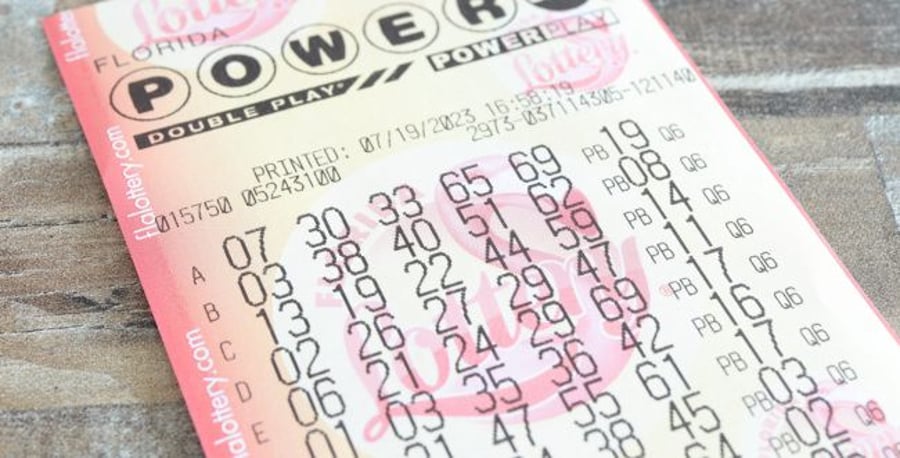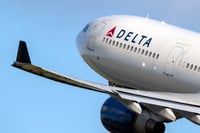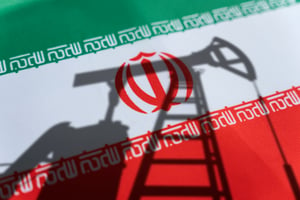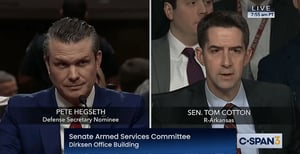
Once again, there is frenzy in the United States: the grand prize in the American "Powerball" lottery has reached $1.2 billion after the drawing held last night (Monday) ended with no winners for the 32nd consecutive time. This marks the third time this year that the lottery's grand prize in a drawing has exceeded one billion dollars, with the colossal amount accumulating due to the extremely low odds of winning, which stand at one in 292 million.
In order to win the huge prize, participants need to guess 5 numbers between 1 and 69, as well as the red "Powerball" number ranging from 1 to 26. If a participant correctly guesses the five regular numbers but not the "Powerball," they win the second prize, which ranges from one million dollars to five million dollars. Additionally, there are smaller prizes ranging from 4 dollars (for those who guess only the "Powerball") to 250,000 dollars. The cost of each ticket is two dollars, and it is estimated that the total revenue from the tickets sold for the drawing in the United States amounts to millions of dollars.
In the drawing held last night, the numbers drawn were: 12, 26, 27, 43, and 47. The "Powerball" number, which would have awarded the jackpot, was 5. Although no one correctly guessed all the numbers, two people from New York and South Carolina won 2 million dollars each, and two additional individuals from Delaware and Michigan each won 1 million dollars.
As mentioned, the grand prize accumulated after no winner was recorded in the drawing since last July, when a resident of Los Angeles won a prize of 1.08 billion dollars. The record for the largest jackpot win was set last November when a single individual from California won 2.08 billion dollars after correctly guessing all the winning numbers.
The lucky winner, if indeed there is one in the next drawing scheduled for Thursday, will have to decide whether to receive their winnings in annual installments spread over 30 years or opt for a single payment of "only" 551 million dollars. This is a common practice in American lotteries, encouraging winners to spread their winnings so they don't spend it all quickly and end up in financial trouble. Additional beneficiaries of the jackpot are the U.S. tax authorities, who are expected to receive tens of millions of dollars in taxes from the prize.




















0 Comments